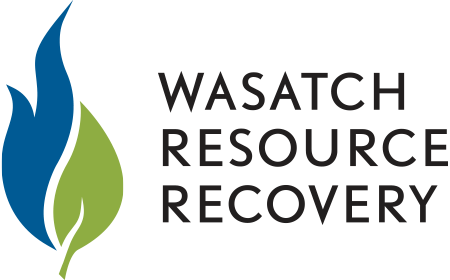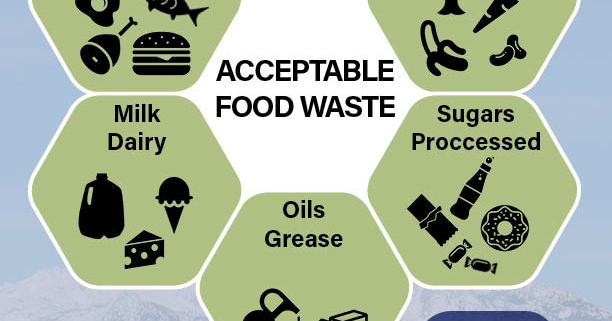What Waste Does WRR Accept?
How are we going to fill our five million gallons (and in phase two, ten million gallons) of anaerobic tank space? With organic waste from food manufacturers, restaurants, and other companies. We can accept the “full plate” of food waste as well as some other organic waste. This means grains, breads, and baked goods, vegetable and fruit, meat and fish, dairy and cheese, fats and oils, beverages, sugary and processed foods. We can also take certain forms of animal waste, small amounts of paper product, and green landscape waste.
For the purpose of producing methane, caloric dense waste is the most valuable. Waste containing high amounts of fats and oils are particularly productive for the digester, followed by sugary or starchy foods.
The digester doesn’t do as well with dense woody waste or bones. Additionally, it can’t process metals, plastics, or toxic materials.
Solid food waste is processed through a set of machines to remove any solid-waste contamination of non-digestible material and also filter out grit that could build up in the digester tank. Our equipment is able to manage packaged or bagged solid food waste that add up to less than 7% contamination by weight. However, we strongly encourage source separating and recycling when possible.
If you are a business interested in diverting organic waste to WRR, please contact us.



